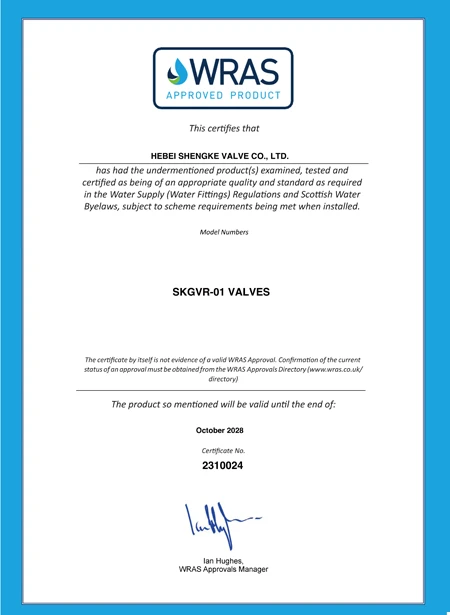ഒക്ട് . 19, 2024 16:41 Back to list
gate valve
The Gate Valve Essential Component in Fluid Control Systems
In the world of fluid control systems, gate valves play a pivotal role in the regulation and management of fluids within pipelines. These valves are designed for on/off service and are known for their characteristic ability to provide a tight seal, which minimizes leakage. Understanding the gate valve, its design, applications, advantages, and maintenance practices can provide valuable insights for engineers, contractors, and technicians working in various industries.
What is a Gate Valve?
A gate valve is a type of valve that uses a flat or wedge-shaped gate to control the flow of fluid through a pipeline. When the valve is fully open, the gate is lifted out of the flow path, allowing fluids to pass freely. Conversely, when the valve is closed, the gate blocks the flow completely, creating a seal. Gate valves are typically operated manually via a wheel or actuator that raises or lowers the gate.
Design and Construction
Gate valves are primarily constructed from various materials, including cast iron, carbon steel, stainless steel, and brass. The choice of material often depends on the application, pressure, and type of fluid being controlled. The design can vary, but most gate valves feature a simple construction that increases their reliability and ease of operation. The key components include
1. Body The main part of the valve that houses the other components and provides the pressure containment. 2. Gate The moving part of the valve that opens or closes the flow path. 3. Bonnet The cover that encloses the valve mechanism, which can be bolted or welded to the body. 4. Stem Connects the gate to the actuator and converts rotational motion into vertical movement. 5. Seals Ensure that there are no leaks when the valve is closed.
Applications of Gate Valves
Gate valves are utilized in a wide range of applications across various industries. They are commonly found in
- Water Supply Systems To control the distribution of water and prevent backflow. - Oil and Gas To regulate the flow of crude oil, natural gas, and refined products in pipelines. - Chemical Processing Where they manage the flow of corrosive and non-corrosive fluids. - Power Generation In steam and water pipelines to control the flow within a plant.
gate valve

The versatility of gate valves makes them suitable for many applications, particularly where a straight-line flow of fluid and minimal restriction are required
.Advantages of Gate Valves
Gate valves offer several advantages, making them a preferred choice in many scenarios
1. Minimal Flow Resistance When fully opened, gate valves provide a wide-open passage, enabling fluid to flow with minimal resistance, which is conducive for high-flow applications. 2. Durability Gate valves are robust, capable of withstanding high pressures and temperatures, which allows for longevity even in challenging environments. 3. Tight Sealing When closed, they create a tight seal, reducing the risk of leaks significantly. 4. Low Operating Torque The design allows for relatively low torque requirements when opening or closing, which makes manual or automated operation easier.
Maintenance of Gate Valves
To ensure the longevity and proper functioning of gate valves, regular maintenance practices should be followed. These include
- Regular Inspections Routine checks to evaluate the condition of the valve components and identify any wear or damage. - Lubrication The stem and threads should be lubricated periodically to ensure smooth operation and to prevent seizing. - Cleaning Debris and buildup should be cleared from the valve and surrounding area to prevent obstruction and ensure accurate operation. - Testing Periodic functional testing should be conducted to confirm that the valve can open and close properly and that it maintains a proper seal.
Conclusion
In conclusion, gate valves are integral components in the management of fluid systems across numerous industries. Their design allows for efficient flow control, durability, and minimal leakage, making them ideal for applications requiring reliable operation. By understanding their function, advantages, and maintenance needs, stakeholders can ensure the effective use of gate valves in their operations. Whether in water systems or complex industrial processes, gate valves play a crucial role in maintaining the integrity and efficiency of fluid control systems.
Share
-
Reliable Wafer Type Butterfly Valves for Every IndustryNewsJul.25,2025
-
Reliable Flow Control Begins with the Right Ball Check ValveNewsJul.25,2025
-
Precision Flow Control Starts with Quality ValvesNewsJul.25,2025
-
Industrial Flow Control ReliabilityNewsJul.25,2025
-
Engineered for Efficiency Gate Valves That Power Industrial PerformanceNewsJul.25,2025
-
Empowering Infrastructure Through Quality ManufacturingNewsJul.25,2025